The XVI Assembly of the Russian World continued with a panel discussion on the topic "Spiritual and Moral Space of the Russian World: Traditions, Challenges, Prospects" after the opening ceremony of the events program. The speakers were representatives of religious and public organizations, cultural figures, scientists, teachers of Russian studies and political scientists from different countries of the world. They talked about what Russia, the Russian World, Russian language and culture mean to them.
The speakers talked about the interest in studying the Russian language in the countries of Africa, Asia, Latin America and the Middle East. They emphasized at the same time the acute shortage of books in Russian. There were requests to intensify the translation of Russian classical literature into languages that are not languages of international communication. Interest in the works of Russian classics is explained by the fact that the questions that Russian literature asked in the 19th century are becoming increasingly relevant today.
Interest in modern Russian literature is growing every year. According to Russianists from Spain and Latin America, familiarity with modern works helps to study the modern Russian language and understand how the Russian world lives today.
Continuation after photo
The participants in the panel discussion emphasized that the ideas of mutual respect and coexistence of different peoples, traditions and faiths are fundamental to Russian civilization. Representatives of religious organizations noted that only sincere love for a person determines interethnic and interfaith peace in society. This love at the same time must be sincere. The Russian world lies in a sincere and pure soul.
Continuation after photo
Representatives of European countries took part in the panel discussion on the topic “Spiritual and Moral Space of the Russian World: Traditions, Challenges, Prospects”. They spoke about the intensive imposition of neoliberal ideology in their home countries, which in their opinion causes colossal harm to traditional values, traditional ideas about the role of family in human life, as well as the role of men and women. The speakers spoke about the Russophile movement in Europe and the events they carry out in order to protect traditional spiritual and moral values.
Continuation after photo
The Assembly continued with round tables devoted to the promotion of the Russian language, the preservation of historical memory and the protection of traditional values. Representatives of Pridnestrovie took part in the round tables.
Thus, teachers of Russian language and literature from different countries of the world discussed the problems they face in their teaching practice during the round table on the topic "Russian language in the world: tools for promotion and support". Foreign bilingual schools where Russian is studied need simple model educational programs today. There is a great need for adapted literature in Russian with modern vocabulary. Russian teachers from Senegal, Spain, Mali, Vietnam, Kyrgyzstan, Iran, Germany, the Czech Republic, Uzbekistan, Burundi and other countries spoke about the use of modern technologies in studying the Russian language, shared their own experiences.
Continuation after photo
Another round table was dedicated to the 80th anniversary of the Great Victory and the role of culture in upholding historical truth. The moderator of the round table Elena Malysheva at the beginning of the meeting made a presentation of the National Center for Historical Memory, which she heads.
The center has existed for about a year and is implementing four major projects: "No Statute of Limitations", "Memory Space", "Historical Security Laboratory" and the scientific and educational project "Accessible Archive". The National Center held during its first year of existence more than 20 major events with the participation of more than a thousand specialists, government and public figures, scientists and artists.
The participants of the round table talked about the importance of preserving historical memory. The speakers emphasized that a society that rejects its history also rejects its future. Such a society, deprived of memory and prospects, becomes easy to manage.
Continuation after photo
The participants talked about why today Russia has become especially attractive to countries that strive to preserve spiritual and moral values at the round table "The Russian World as a Stronghold of Counteraction to Destructive Neoliberal Ideology". The speakers said that the Russian World is not an ethnic concept, but a civilizational one. It offers the world a unique system that ensures the preservation of both large and small nations with their languages, culture, and traditions in the context of the formation of a multipolar world order today. Russia is a matrix of a polycentric world that can be used for all of humanity. Russia is forming the image of the custodian of universal moral, ethical, and spiritual values today.
Continuation after photo
A meeting with the management of the Russian World Foundation was held as part of the XVI Russian World Assembly the next day, November 3. The questions of the assembly participants were answered by the Chairman of the Foundation's Board, Director of the Department for Multilateral Humanitarian Cooperation and Cultural Relations of the Russian Ministry of Foreign Affairs Alexander Alimov and the Executive Director of the Foundation Vladimir Kochin.
The issues of allocating additional quotas for education in Russian universities for foreign students and organizing study trips to Russia for teachers of Russian from foreign countries were raised during the discussion. There were requests to open Russian centers in different countries. For example, in Tajikistan and Australia. Let us recall that on September 26, 2009, the Russian Center of the Russian World Foundation was opened at the Pridnestrovian State University, which is a creative and communicative platform that creates conditions for organizing discussions and communication between representatives of different nationalities in the Russian language.
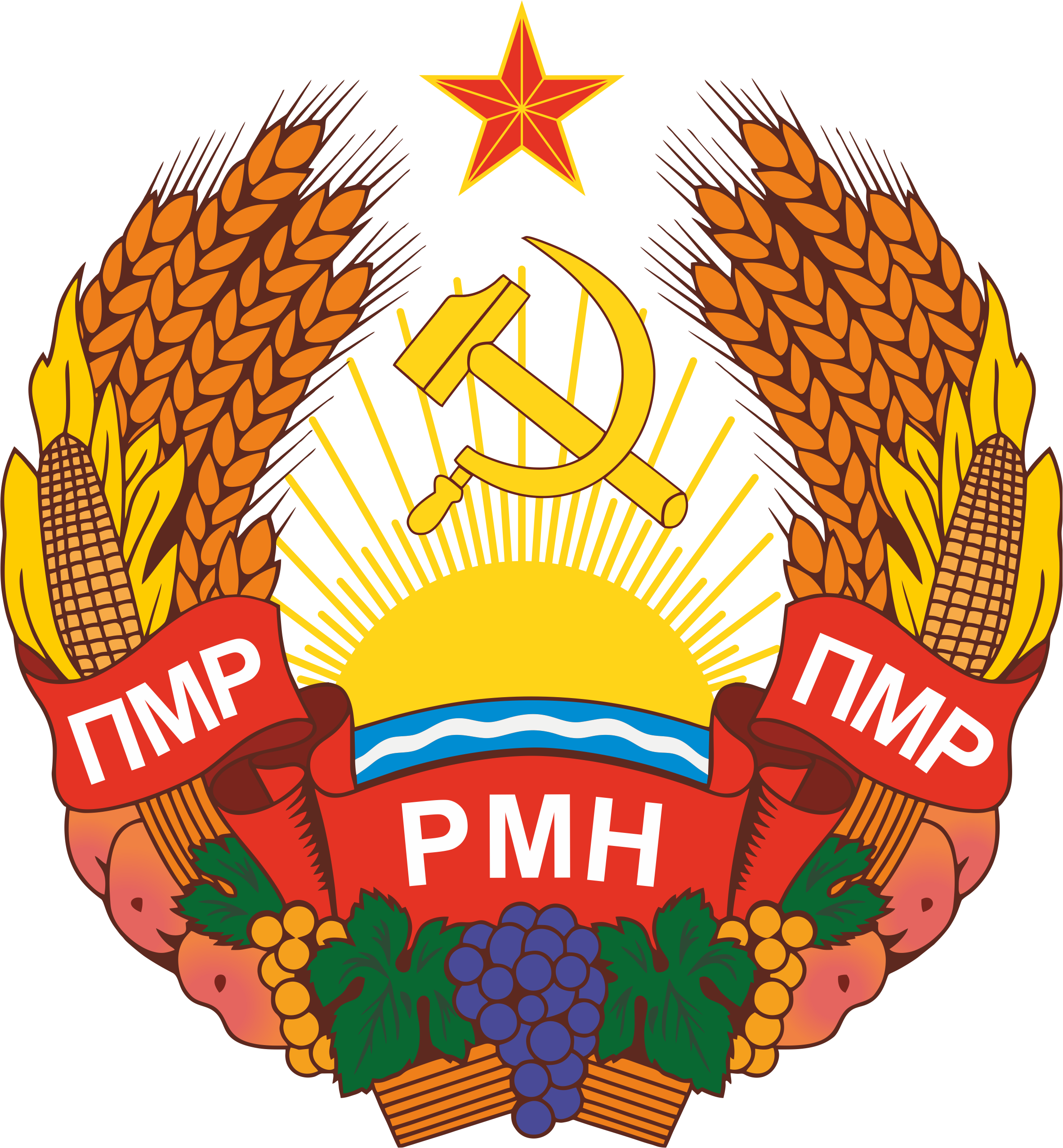

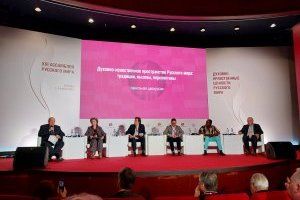
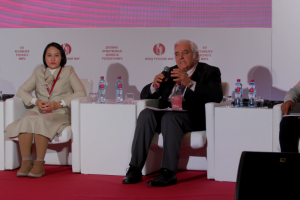
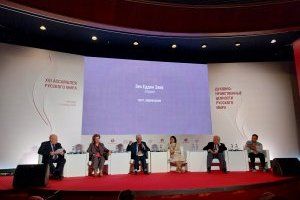
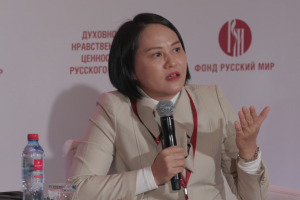
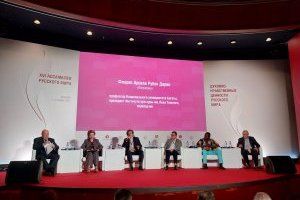
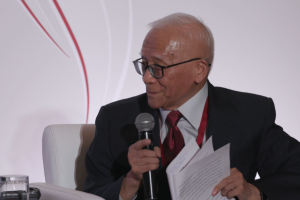
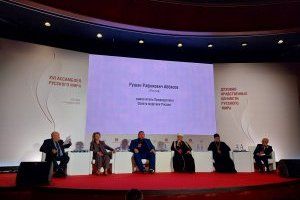
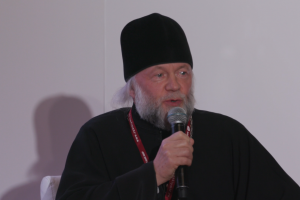
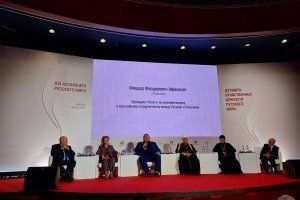
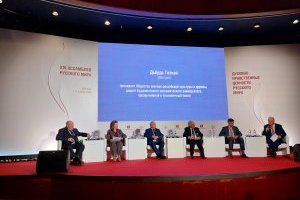
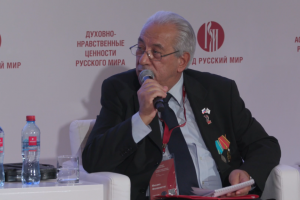
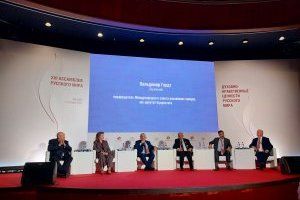
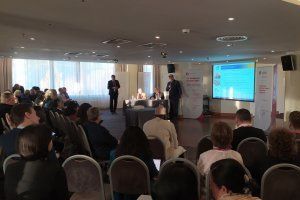
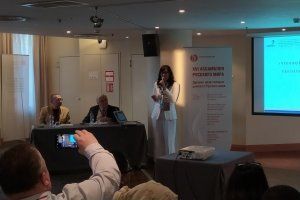
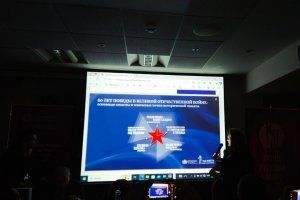
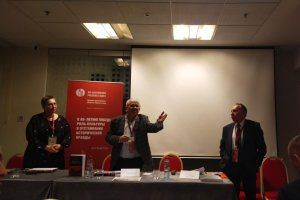
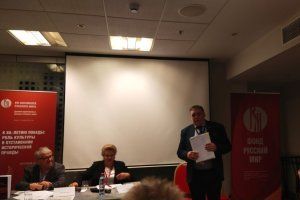
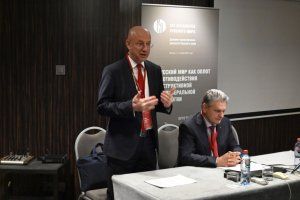
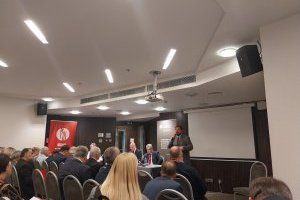
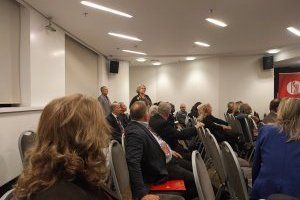
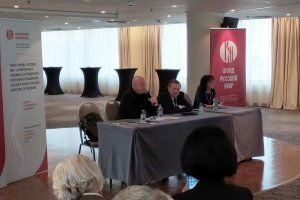
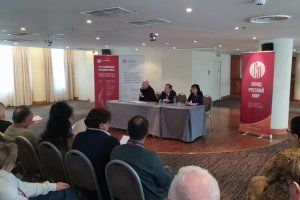
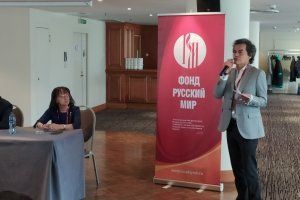
 Законы ПМР
Законы ПМР Постановления
Постановления Законопроекты
Законопроекты Анонс мероприятий
Анонс мероприятий 0 (533) 6-24-24
0 (533) 6-24-24